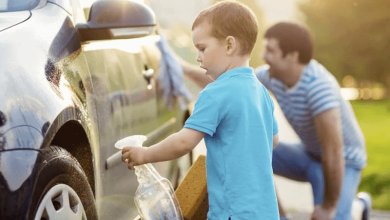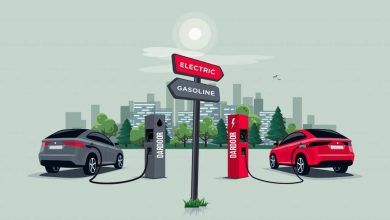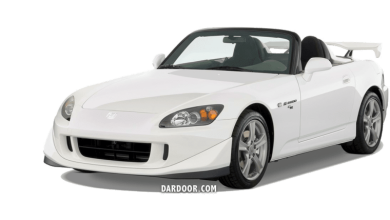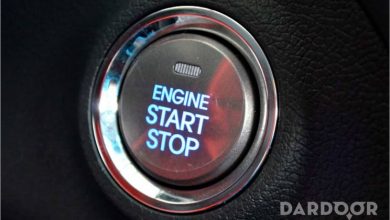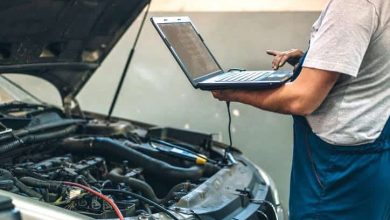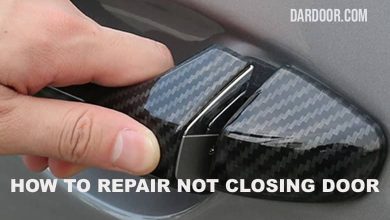
Vehicle Service and Maintenance Instructions
- Safety First:
- Park the vehicle on level ground and use wheel chocks on the front or rear wheels before lifting the vehicle to prevent movement.
- Lifting the Vehicle:
- Raise the vehicle using a jack placed against the axle or the frame.
- Securely support the vehicle on chassis stands to ensure stability.
- Protecting the Vehicle:
- Use protective covers on the vehicle body, seats, and floor to prevent damage and contamination during service.
- Electrical Safety:
- Disconnect the grounding cable from the battery before starting any service operations to prevent cable damage or short-circuiting.
- Handling Fluids:
- Handle brake fluid and antifreeze solutions with care. Avoid spilling these fluids on painted surfaces as they can cause damage.
- Using the Right Tools:
- Employ the proper tools and special tools as specified to ensure efficient, reliable, and safe service operations.
- Replacement Parts:
- Always use genuine OEM replacement parts to maintain vehicle integrity and performance.
- Discard used cotter pins, gaskets, O-rings, oil seals, lock washers, and self-locking nuts. Reuse of these parts is not recommended as it may affect their functionality.
- Reassembly Preparation:
- Prepare new cotter pins, gaskets, O-rings, oil seals, lock washers, and self-locking nuts for installation.
- Keep disassembled parts organized in groups to facilitate smooth and correct reassembly.
- Separate fixing nuts and bolts by their hardness and design, as they vary by installation position.
- Cleaning and Lubrication:
- Clean all parts before inspection or reassembly.
- Use compressed air to clean oil ports and other openings to ensure they are free from dirt and obstructions.
- Lubricate rotating and sliding surfaces of all moving parts with oil or grease before installation.
- Gasket and Torque Specifications:
- Use the recommended liquid gasket to prevent leaks.
- Carefully observe and adhere to all nut and bolt torque specifications.
- Air Conditioning System:
- When working on parts that require refrigerant, use Vehicle Refrigerant Recovery and Recycling Equipment (VRRRE) to recover and recycle R134a. This practice helps protect the ozone layer.
- Final Check:
- Thoroughly check and recheck all work. No service operation is considered complete until this final inspection is done.


